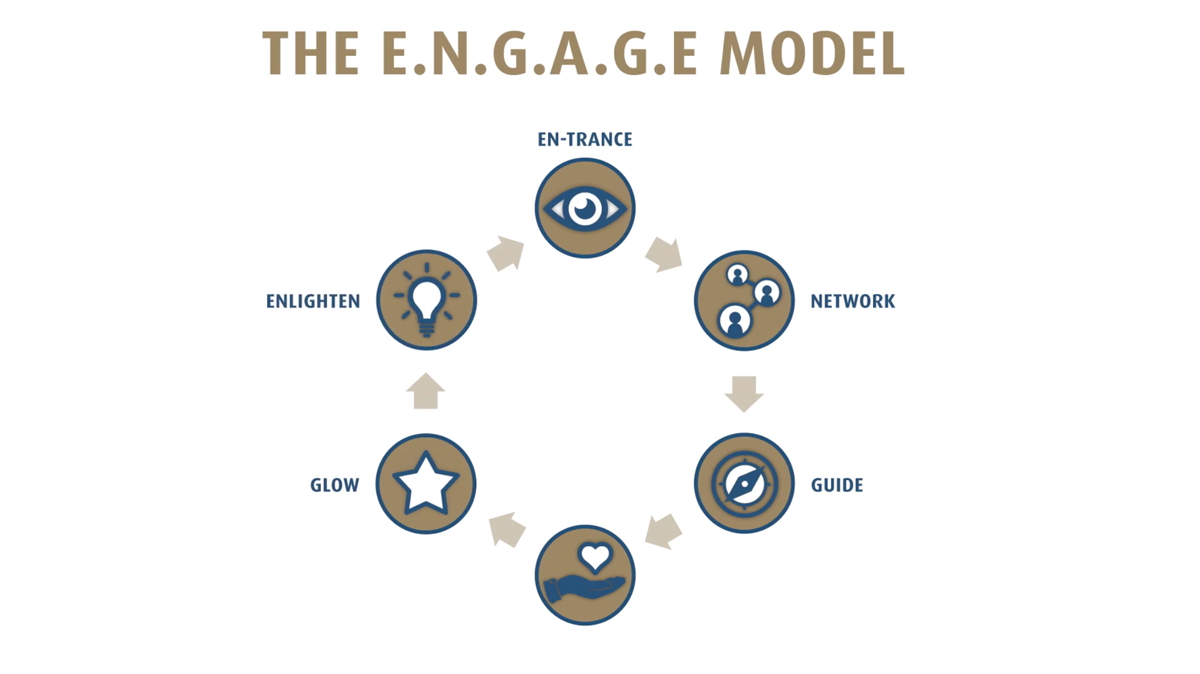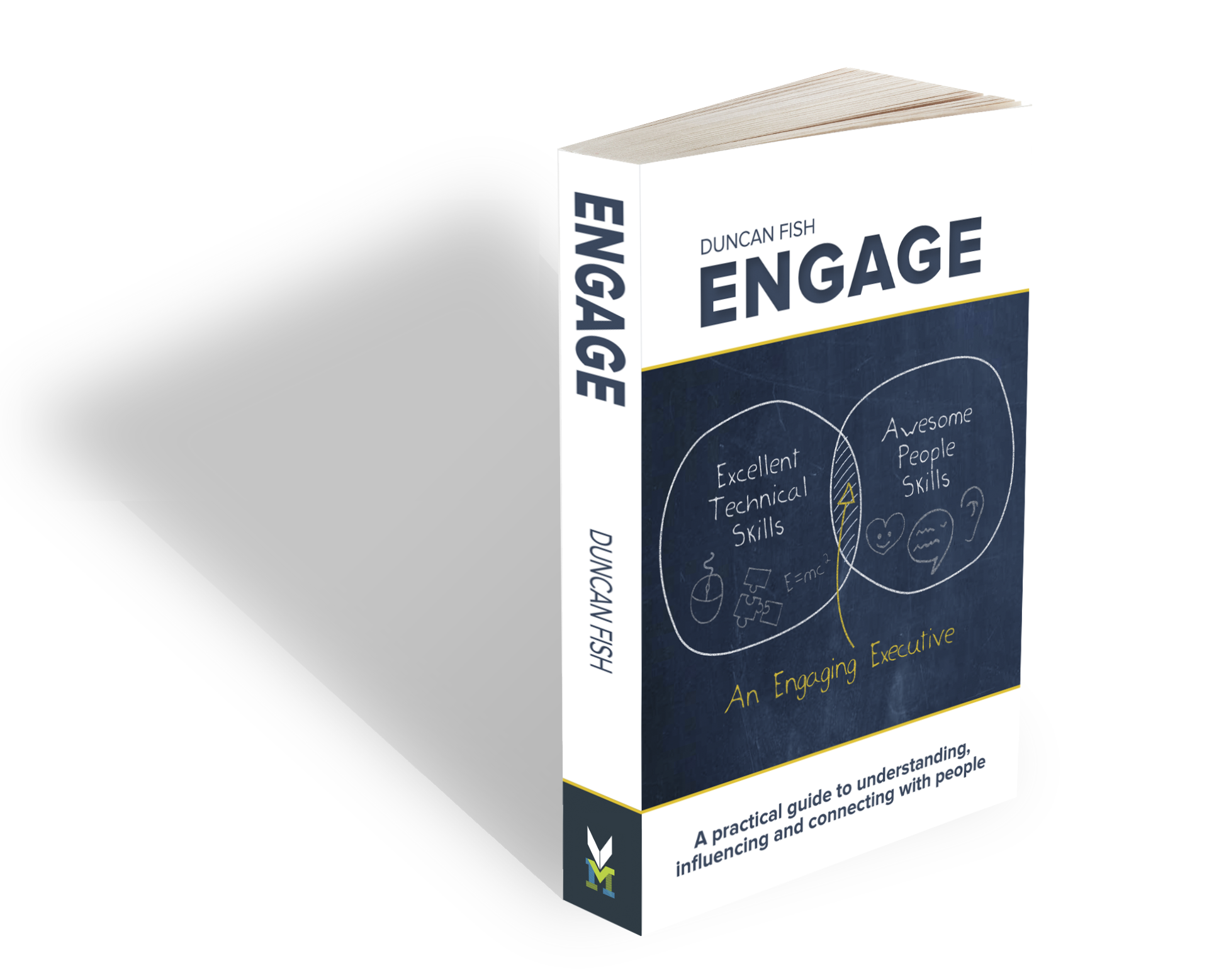Continuing a Conversation: Making Sure the Rapport Doesn’t Die Out
Posted By Duncan Fish on October 29, 2018

Remember my previous post on recommended ways to build rapport? Let’s continue the conversation with even more tips on making this crucial skill a breeze. Business publication Inc. gives six additional tips that fit right along with the spirit of becoming an Engaging Executive.
1. Be curious
Ask questions. While we’ve already discussed starting your conversation with a question and then a follow-up, don’t forget to add more open-ended questions throughout your conversation as well.
You don’t want to give your listener just a few opportunities to talk about themselves and then you dominate the conversation from there. Likely, at some point, they’ll ask you a question, too, and it’s easy to turn the focus of the conversation back on them (leaving them with an all-around positive feeling about you, as you are one of the few charismatic people in the room who actually acted interested in their life story).
For example, if they ask you where you’re from, answer and then ask if they’ve ever been there. If the answer is yes, you can ask them about their experience and, if no, you can ask them where they do travel.
2. Be honest
There’s a fine line between honesty and rudeness. However, no one likes someone that feels dishonest. While you’ll have to use your best judgement on how many secrets you want to give away, the Inc. article mentioned above recommends divulging sensitive business information about your revenue, sharing a unique criticism about the other person’s approach to business or revealing something personal that makes you vulnerable.
3. Be yourself
Finding a common interest goes a long way in building rapport. People naturally like other people who enjoy the same things. Look for cues that you and your conversation partner might have something in common. Do they have a piece of sports memorabilia on their desk from a team you enjoy? Does their LinkedIn profile point out that you both went to the same university, or both worked at the same place at different times? Do they have a photo of a dog on their desk, and you’re an ardent dog lover? Find the common interest and ask about it.
4. Be valuable
At the core, most people are wanting to see what they can get out of every situation. It might sound malicious, but it’s really not. Think about it. You’re wanting to build rapport so that you can grow your career. Some people want to talk at length about themselves because it makes them feel good. Consider what the person you’re speaking with might be looking to get out of the conversation and then provide value in whatever way you can.
5. Be in-person
Lastly, don’t think that you can pull all of the above off by networking via email or phone. Rapport is best built in person, so get out there to those networking events and business meetings. As you further refine your rapport-building skills, you’ll be glad you did.
Here’s an additional tip
Practice your story-telling skills!
Read here to know the tricks and see if you incorporate these in your stories.
Need some helpful tips to get you from your current state to the ready-to-network stage? Check out the 6 Steps to Become an Engaging Executive for more tips. It’s a totally free video series that shows you how to become a professional who commands respect and authority, while receiving the admiration of your colleagues.



